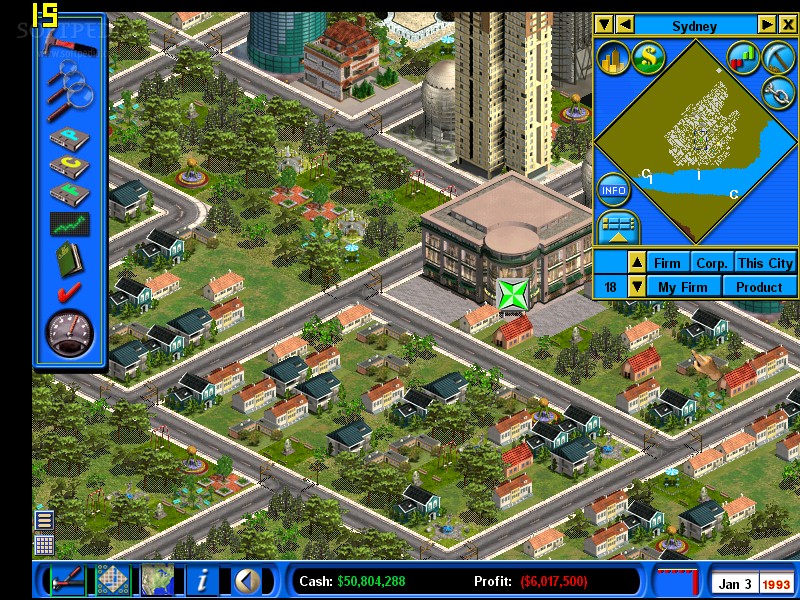

» MM UNHI Denpasar » MM Universitas Asa Indonesia » MM UNKRIS Jakarta » MPD UNHI Denpasar » Mpu Tantular Kedoya Jakarta » Pelita Raya Institute » Polhas Surakarta » MM STIE ABI Surabaya » MM STIE Ganesha Jakarta » MM STIE GICI Business School Bogor » MM STIE GICI Business School Jakarta » MM STIE IGI Jakarta » MM STIE Swadaya Jakarta » MM STIMA IMMI Jakarta » ITSK Sugeng Hartono Sukoharjo » MA STIE Swadaya Jakarta » MA UNHI Denpasar » MIA FISIP UMJ Jakarta » MIKOM FISIP UMJ Jakarta » MM Patria Artha Makassar » MM Pelita Bangsa Bekasi


» ITB STIKOM Jimbaran Bali » ITBKes Muhammadiyah Tulungagung » ITBU Jakarta » ITEKES Tri Tunas Nasional Makassar » ITESA Muhamadiyah Semarang » ITK Permata Ilmu Maros » ITM Purwakarta » ISIF Cirebon » ISTA Jakarta » ITB Ahmad Dahlan Jakarta » ITB Muhammadiyah Banyuwangi » ITB Muhammadiyah Purbalingga » ITB STIKOM Bali » ITB STIKOM Bali Abiansemal

» IAI Muhammad Azim Jambi » IAI Yasni Bungo Jambi » IKIP Widya Darma Surabaya » IMWI Sukabumi » Institut Mekongga Kendari » Institut Studi Islam Sunan Doe » IPM Malang Thamrin Jakarta » IAI Abdullah Said Batam » IAI Al-Azhaar Lubuklinggau » IAI Al-Ghurabaa Jakarta Thamrin Jakarta » FISIP UMJ Jakarta » FK Universitas MH. But skeptics note these systems aren't always pure-they possess strong socialist characteristics and elements of controlled economies as well.įor example, one could argue that the U.S.-widely seen as one of the avatars of a free market capitalist system-achieved its 20th-century heights of power and prosperity only after the expansion of government controls, social programs, and oversight/intervention agencies via the New Deal of the 1930s and the Great Society of the 1960s.» Fakultas Pertanian UMJ Jakarta » FE Universitas MH. Proponents note that many of the most prosperous and advanced countries in the world practice free-market capitalism, making them a model for developing nations. It prioritizes individual profit above society's well-being, dividing people into "haves" and "have-nots." Nothing can replace the motivational power of personal incentives, individual freedom, and open competition, they say.Ĭritics counter that free-market capitalism promotes inequality, concentrating and keeping power in the hands of a minority, who then exploit the majority. Whether free-market capitalism is good or bad has long been a source of debate, dating back to the mid-1800s, when capitalism began to flourish in developed nations-along with criticisms of it by proponents of alternative systems, like communism.Īdvocates of free-market capitalism argue that private ownership and open, unregulated exchange of goods and services is the fairest and most efficient path to economic growth and progress.


 0 kommentar(er)
0 kommentar(er)
